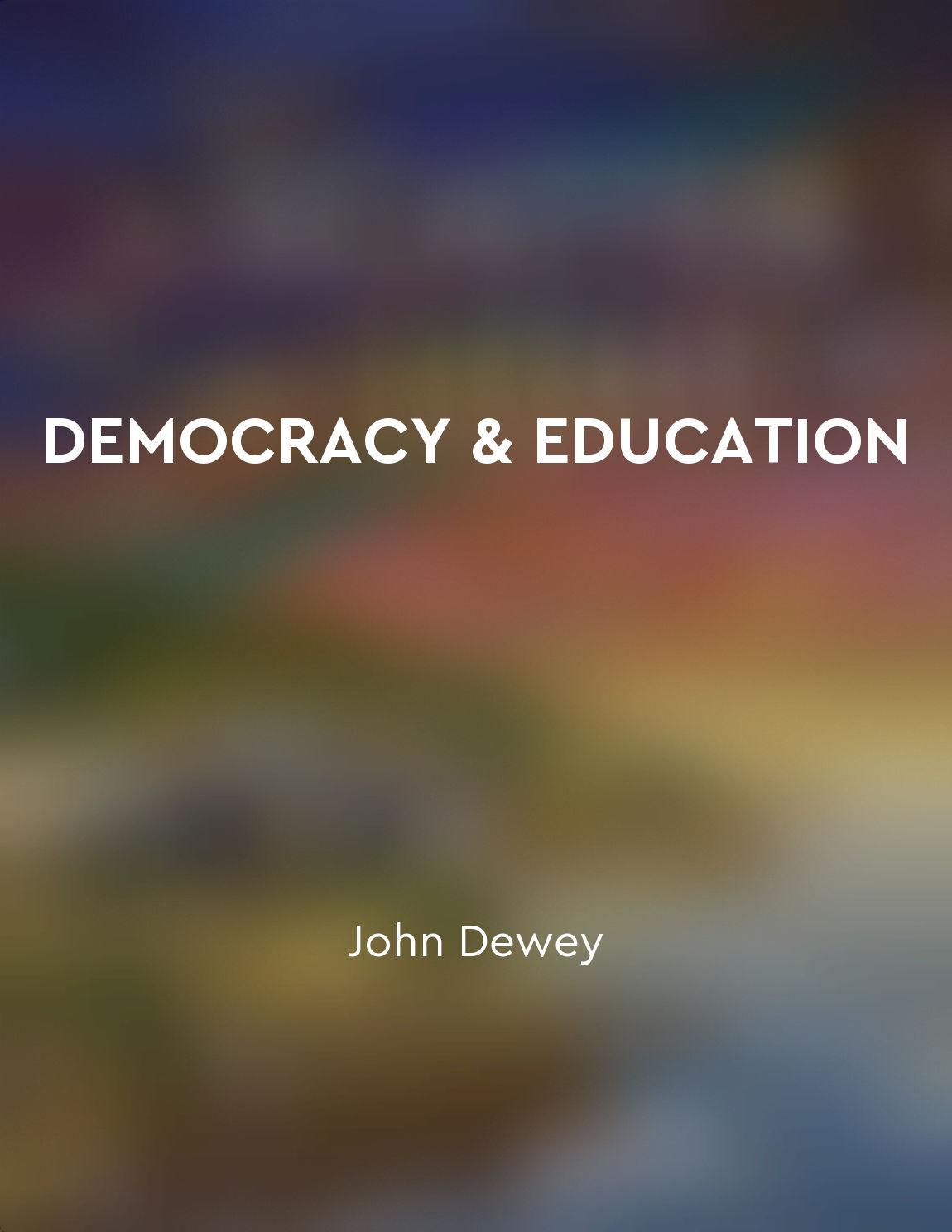Culturally relevant pedagogy is essential for marginalized students from "summary" of Race, Class, and Education by Kenneth J. Meier,Joseph Stewart,Robert E. England
The education system must recognize the importance of culturally relevant pedagogy as a means of fostering success for marginalized students. This approach acknowledges the unique backgrounds and experiences of students from different racial, ethnic, and socioeconomic groups. By incorporating students' cultural identities into the curriculum, educators can create a more inclusive and supportive learning environment. Culturally relevant pedagogy helps students see themselves reflected in the material they are learning, which can increase their engagement and motivation. When students feel a connection to the content, they are more likely to participate actively in class and take ownership of their learning. This approach also helps combat feelings of alienation and disconnection that marginalized students may experience in traditional educational settings. Furthermore, culturally relevant pedagogy can help address the achievement gap that exists between marginalized students and their peers. By tailoring instruction to meet the needs and interests of diverse learners, educators can help level the playing field and ensure that all students have access to a high-quality education. This approach recognizes that one-size-fits-all teaching methods are not effective for a student population with diverse backgrounds and learning styles. In addition, culturally relevant pedagogy can help promote social justice and equity in education. By challenging dominant narratives and centering the voices of marginalized groups, educators can help students develop a critical understanding of power dynamics and systemic inequalities. This can empower students to advocate for themselves and others, as well as become agents of change in their communities.- Culturally relevant pedagogy is essential for creating an inclusive and equitable educational experience for all students, particularly those who have been historically marginalized. By embracing students' cultural identities and experiences, educators can help foster a sense of belonging and empowerment that is critical for academic success. It is imperative that schools and educators prioritize this approach in order to create a more just and equitable education system for all students.
Similar Posts
The politics of knowledge influence educational practices
The ways in which knowledge is valued and transmitted within educational institutions are deeply intertwined with larger power ...
Economic factors play a role in shaping educational access
Economic factors are not the only determinants of educational access, but they do play a significant role in shaping who is abl...

Change is possible through collective action
It is important to remember that when we talk about fighting racism, we are talking about changing systems that have been in pl...

Schools should empower students to think independently
In the educational process, one of the primary goals should be to cultivate the ability of students to think independently. By ...
Validate students' experiences
To truly embrace culturally responsive teaching, educators must prioritize the validation of students' experiences. This entail...
Teachers have the power to create transformative educational experiences
Teachers play a crucial role in the educational system. They are not merely conduits of information, but rather, they have the ...

Education shapes democratic society
Education plays a crucial role in shaping the democratic society in which we live. It is through education that individuals not...
Structural barriers hinder educational opportunities for marginalized groups
Throughout our examination of the intersection of race, class, and education, it becomes evident that there exist formidable ob...
Addressing race and class dynamics is fundamental to promoting educational equity
Race and class dynamics play a crucial role in shaping the educational landscape, influencing access, opportunities, and outcom...

